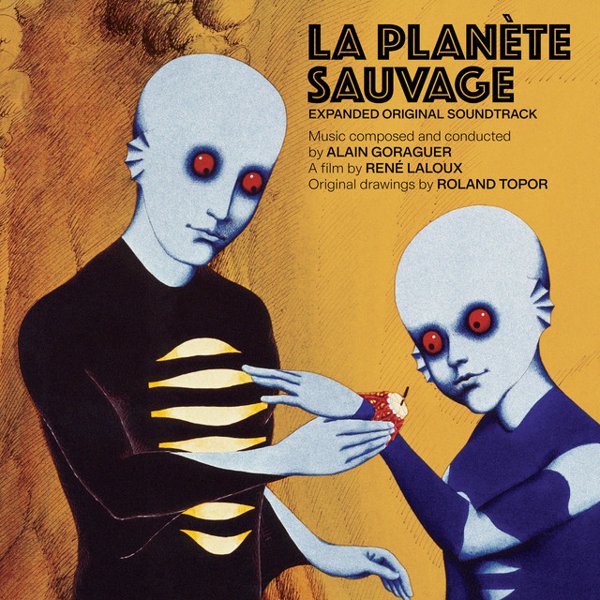Last Tango in Paris
While it’s not always easy to separate a troubling film from its soundtrack, there’s a certain disconnect that comes into play when Gato Barbieri’s wildly acclaimed score to Bernardo Bertolucci’s bleak sexual psychodrama Last Tango in Paris is left to stand on its own. The Argentine sax player had been slowly transitioning from a free jazz milieu to more distinctly Latin-inflected forms of commercial-friendly fusion in the early ’70s, and the Last Tango score only accelerated the process, paring back some of his more intense tendencies to capture the essence of a desperate romance — even if the music accompanied depictions of it that ranged from tenderness to abuse. In the way that a familiar sax tone can shift from signifying sultriness to loneliness with the slightest adjustments, Barbieri’s playing here relies on the weight of his emotional expression finding the spaces between those degrees. It’s evident enough in the genre-befitting title theme, which evokes international intrigue and luxury through its Oliver Nelson-orchestrated Argentine-via-French trappings, but takes on a deeper sense of longing and ache once Barbieri’s tenor sax insinuates itself into the mix. And while it’s not uneasy listening, per se, the soundtrack on the whole has a way of gradually turning up the heat to the point where it’s hard not to feel the roiling unrest beneath the surface. Check out the way his lead in “Jeanne” escalates into a piercing wail that makes the languid backbeat feel like a cage ready to be broken out of, or how his insistent energy gives otherwise placid cues like the breezy “Vuelta” or the flighty waltz “Picture in the Rain” that extra dose of heightened yearning, or how the wistful comedown “Why Did She Choose You?” lingers in this odd space between borderline exotica and spiritual jazz until his solo wrings maximum pathos in ways that fit both modes. That makes the soundtrack an album as dedicated to capturing the difficulties of its desires as the movie does in exhibiting its sexually-loaded tragedies — peaking with an astonishing, cathartic reprise of the title theme that wordlessly yet conclusively summarizes it all as a delirious struggle of the heart.

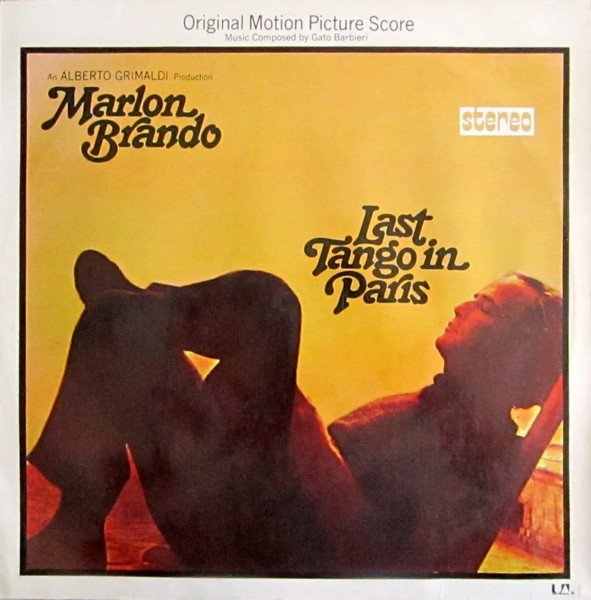
![$ [Original Soundtrack] cover](https://images.theshfl.com/4876551856324608_600.jpg)
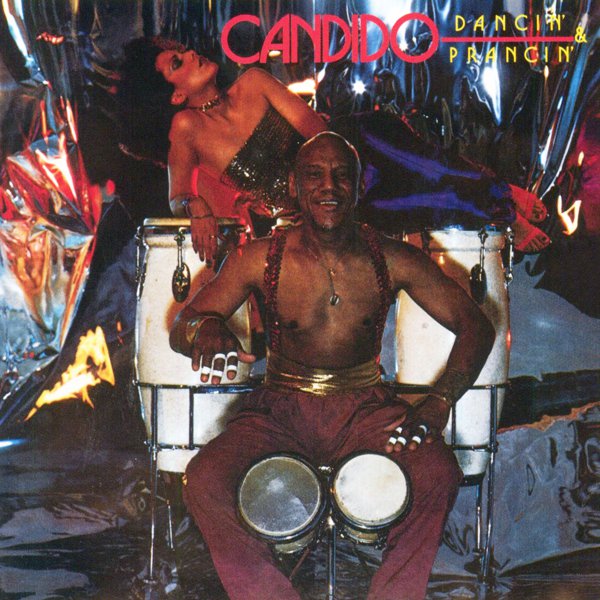
![Taxi Driver [Original Soundtrack] cover](https://images.theshfl.com/5730059667111936_v1_600.jpg)
![Novecento (1900) [Original Soundtrack] cover](https://images.theshfl.com/4773279641370624_v1_600.jpg)
![Vergogna Schifosi [Original Soundtrack] cover](https://images.theshfl.com/4879330504081408_600.jpg)
![The Mission [Original Soundtrack] cover](https://images.theshfl.com/5707344927260672_v1_600.jpg)
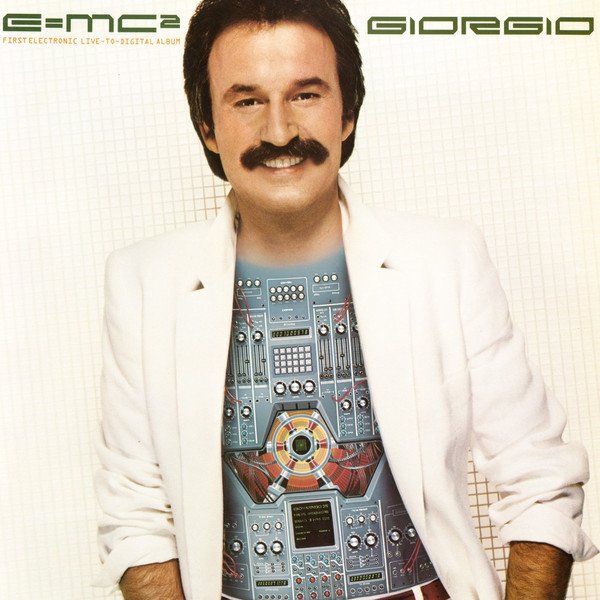
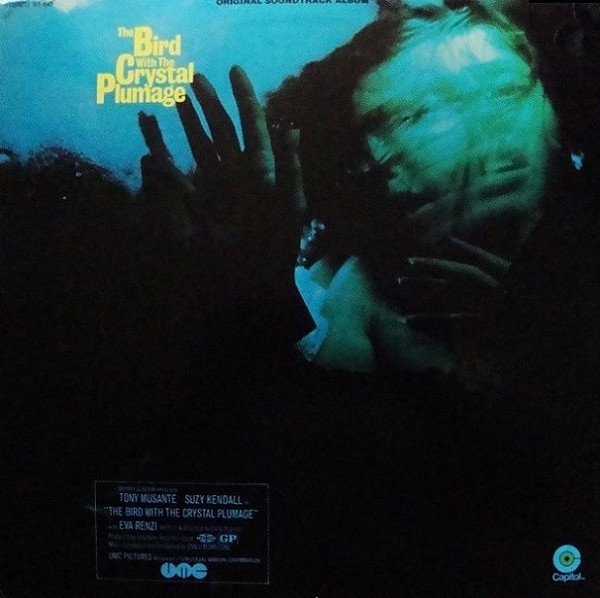
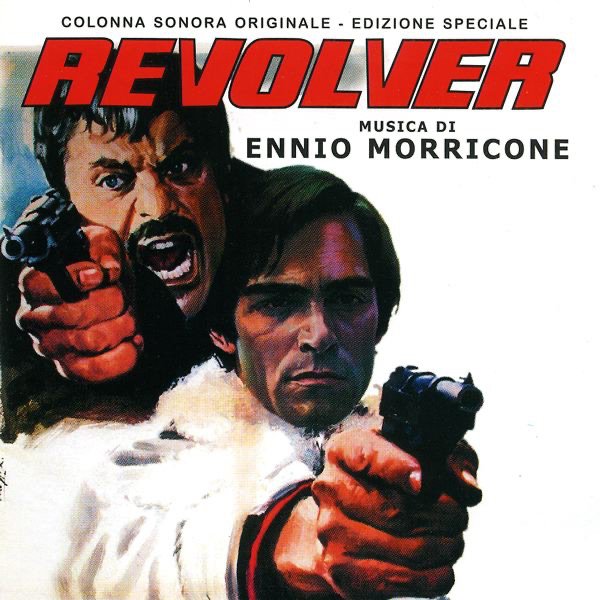
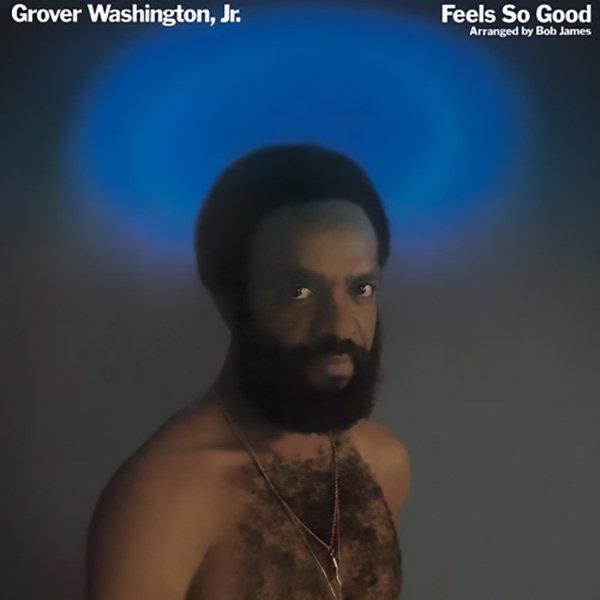
![The Pink Panther [Music From the Film Score] cover](https://images.theshfl.com/5749366925033472_v1_600.jpg)
